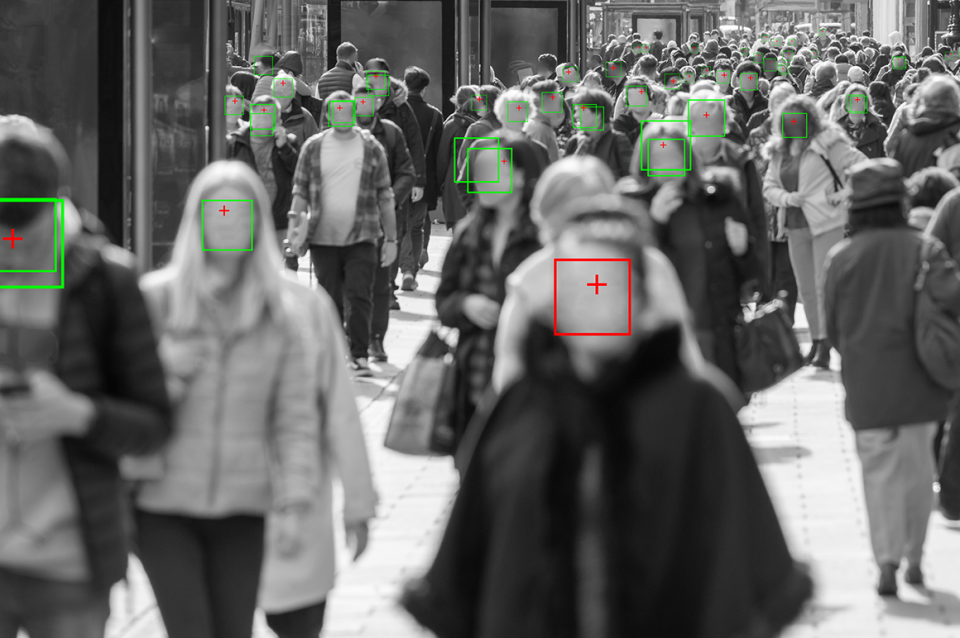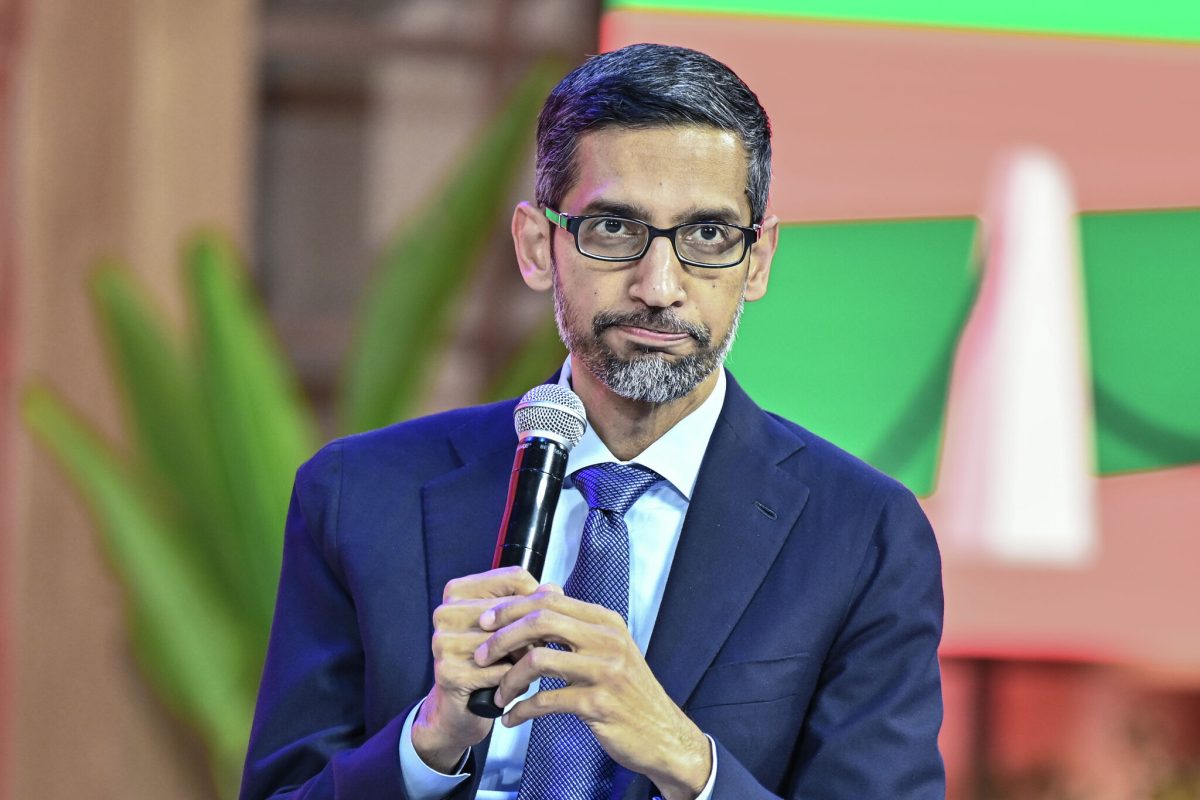AI surveillance is in use in over 75 countries. Mo Gawdat, former executive at Google, is expressing concern that AI may turn into “killing machines” and perceive people as “scum“. What then, is the reality? A statement was recently released by the Centre for AI Safety (CAIS) and signed by major names in the field of AI. The statement serves as a warning about the potential risks that AI technology may pose to humanity. “Mitigating the risk of extinction from AI should be a global priority alongside other societal-scale risks such as pandemics and nuclear war” it reads.

What are today’s greatest threats surrounding AI? Is the world heading in the direction of killer robots? Sentient AI?
The reality seems to be more closely linked to surveillance, customer privacy, biassed programming and unclear laws and regulations; digital dehumanisation, algorithmic biases, loss of meaningful human control, lack of human judgement and understanding and lack of accountability.
Can artificial intelligence accidentally exterminate humanity? Or will it, more likely, lock human brings into a perpetual state of dystopia?
Greater Transparency
Recently, the UN has issued a statement calling for greater transparency and regulation regarding new and emerging technologies. Experts are warning against large-scale data collection; including biometric data, and advanced targeted surveillance in humanitarian emergencies. The statement explains that, “We urge restraint in the use of such measures until the broader human rights implications are fully understood and robust data protection safeguards are in place”.
#RightsCon: UN experts call for greater transparency, oversight, & regulation to address the negative impacts of new and emerging digital tools and online spaces on #humanrights.https://t.co/oA3BA4AZ1y pic.twitter.com/7I6JRy9uGM
— UN Special Procedures (@UN_SPExperts) June 2, 2023
An Orwellian Nightmare
According to a report published in 2019 by the Carnegie Endowment for International Peace, an increasing number of countries are utilising artificial intelligence for surveillance purposes.
So, AI tracks the population’s movements. But what else is it doing? Well, the report indicates that a significant number of countries, in fact 75 out of 176 globally, were utilising AI technologies for surveillance purposes at the time of publication.
If the federal government and businesses don’t do their part to regulate artificial intelligence, the world could become an Orwellian nightmare. Fiction can appear to be fact, spreading disinformation with ease. This is the warning that Australia’s Human Rights Commissioner (AHRC) Lorraine Finlay sent out recently, explaining that:
“The expeditious rise of generative AI products such as ChatGPT and Bard would be an alluring tool for the fictitious Ministry of Truth. These AI products can alter our perception of reality — presenting fiction as fact, and potentially giving biased answers and misinformation a veneer of objective truth,”
Finlay also asserts that the use of artificial intelligence parallels the Ministry of Truth; the propaganda arm of the totalitarian regime in George Orwell’s “1984”. She goes on to explain that Australia needs to become a world leader in the regulation of AI.
A significant number of countries are already using smart city/safe city platforms. Additionally, 64 countries have adopted facial recognition systems. 52 countries have already implemented smart policing strategies.
Transformative Technology

In February, Sundar Pichai (chief executive of Google and Alphabet) described AI as “the most profound technology we are working on today”. It is often described as a transformative technology that is capable of changing the world.
But is that for better or worse? Will it change the world? Or the world order?
Obviously, AI can solve complex problems. It also has the potential to increase production and efficiency, minimise human error, and democratise information.
Mo Gawdat, who held the position of chief business officer for Google’s clandestine research-and-development arm X, said that he is fearful of a future scenario in which AI decides it needs to destroy the human race, though that day is still “a bit far away.”
Gawdat says that the future could resemble “I, Robot,” the 2004 film in which Smith fights a mechanical army plotting to enslave humanity.
So how can regulators prevent artificial intelligence from compromising human rights and civil freedoms? Tougher punishments for AI misuse, XAI (Explainable Artificial Intelligence), governance reform, and dataset diversity seem like good places to start.
Subscribe to FIB’s Weekly Breaking News Report for your weekly dose of music, fashion and pop culture news!






